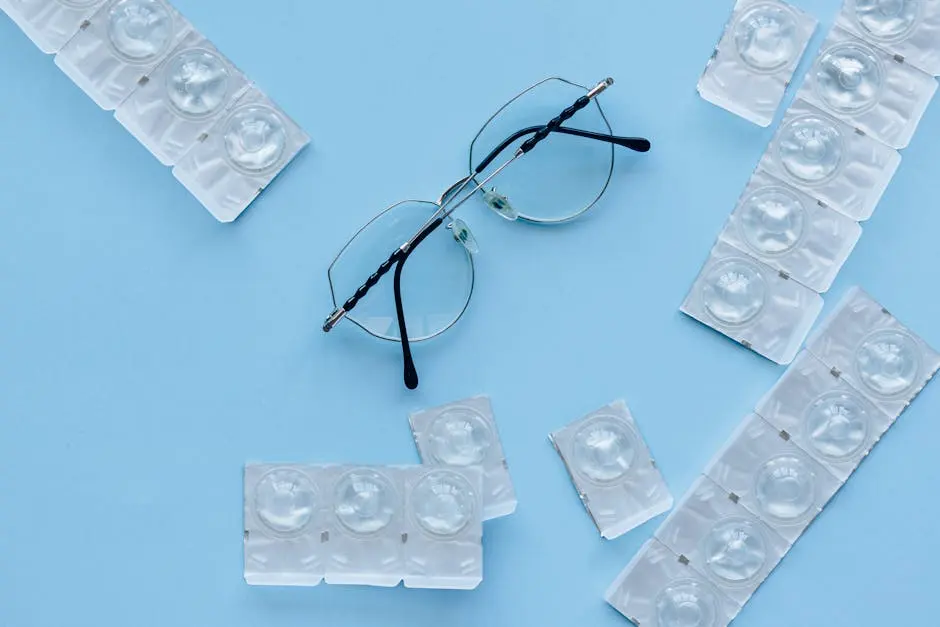
Caring for your vision is crucial for everyday life and long-term health. As our eyes are constantly at work, it’s important to understand the steps we can take to maintain optimal vision health. Whether you’re spending hours in front of a computer or enjoying outdoor activities, adopting best practices can make a significant difference. Let’s explore how you can keep your eyes healthy and sharp.
Understand Your Eye Health Needs
Each person has unique eye health needs based on factors such as age, lifestyle, and genetics. Consulting with an eye care professional can help assess your specific needs and create a personalized care plan. At Mid-Atlantic Eyecare, our comprehensive eye care services are designed to maintain your long-term eye health, whether you need routine exams or specialized procedures.
By understanding your eye health needs, you’re taking proactive steps to prevent potential issues. Whether you’re experiencing vision changes or have a family history of eye problems, it’s essential to communicate openly with your eye care provider. They can offer advice on preventative measures and early interventions, potentially saving your vision in the long run.
Engage in Regular Eye Exams
Routine eye exams are essential for detecting problems early, even before symptoms appear. They can help monitor for changes in vision and identify issues such as glaucoma or cataracts. At Mid-Atlantic Eyecare, we focus on providing comprehensive assessments that leave no stone unturned, so you can be confident in your vision health.
Did you know that conditions like diabetic eye disease often develop without noticeable symptoms? This is why regular eye exams are critical, especially for individuals with diabetes. Diabetic Eye Disease is a leading cause of blindness, yet it is preventable with early detection and management.
Adopt a Balanced Diet Rich in Eye-Friendly Nutrients
Nutrients like omega-3 fatty acids, lutein, zinc, and vitamins C and E support eye health. Incorporate foods such as leafy green vegetables, fish, eggs, nuts, and citrus fruits into your diet. According to Healthy Vision Tips, a healthy diet is fundamental to maintaining vision health, offering protection against age-related vision problems.
The importance of a balanced diet cannot be understated. Foods rich in antioxidants can combat oxidative stress, which is known to contribute to eye diseases. Spinach, kale, and fish like salmon are known to be particularly beneficial due to their concentration of these essential nutrients.
Protect Your Eyes in the Digital World
With screen time increasing, follow the 20-20-20 rule: every 20 minutes, look at something 20 feet away for 20 seconds to reduce eye strain. Adjust screen settings like brightness and contrast to minimize discomfort. These small actions can significantly reduce the strain on your eyes over time, particularly for individuals who work in environments dominated by digital devices.
By incorporating regular breaks and using ergonomic setups, you can mitigate the negative effects of prolonged screen exposure. Anti-glare screens and proper lighting also play crucial roles in reducing eye fatigue, making your digital experience more comfortable and safe for your vision.
Wear Sunglasses to Shield Against UV Rays
Exposure to UV rays can damage your eyes. Wearing sunglasses that block 99% to 100% of both UVA and UVB rays can help protect against sun damage when outdoors. It’s a simple yet effective measure to preserve your vision, particularly on sunny days.
Don’t forget to wear a hat with a brim for added protection. UV rays can penetrate through clouds, so UV protection is needed even on cloudy days. This proactive approach to sun safety can prevent conditions like cataracts and macular degeneration.
Practice Good Hygiene for Contact Lens Care
Improper use of contact lenses can lead to infections and other problems. Always wash your hands before handling lenses, follow your eye care professional’s instructions, and replace lenses as recommended. These habits keep your eyes comfortable and avoid potential complications.
Contact lens cases should also be replaced regularly to prevent contamination. Using fresh solutions and ensuring lenses are appropriately stored can make a world of difference in maintaining optimal eye health.
Wrap Up: Preserving Your Vision for the Future
Maintaining vision health doesn’t have to be a daunting task. By incorporating these best practices into your daily routine, you can protect your eyes and ensure they serve you well for years to come. Remember, small changes can lead to big improvements in vision health.

